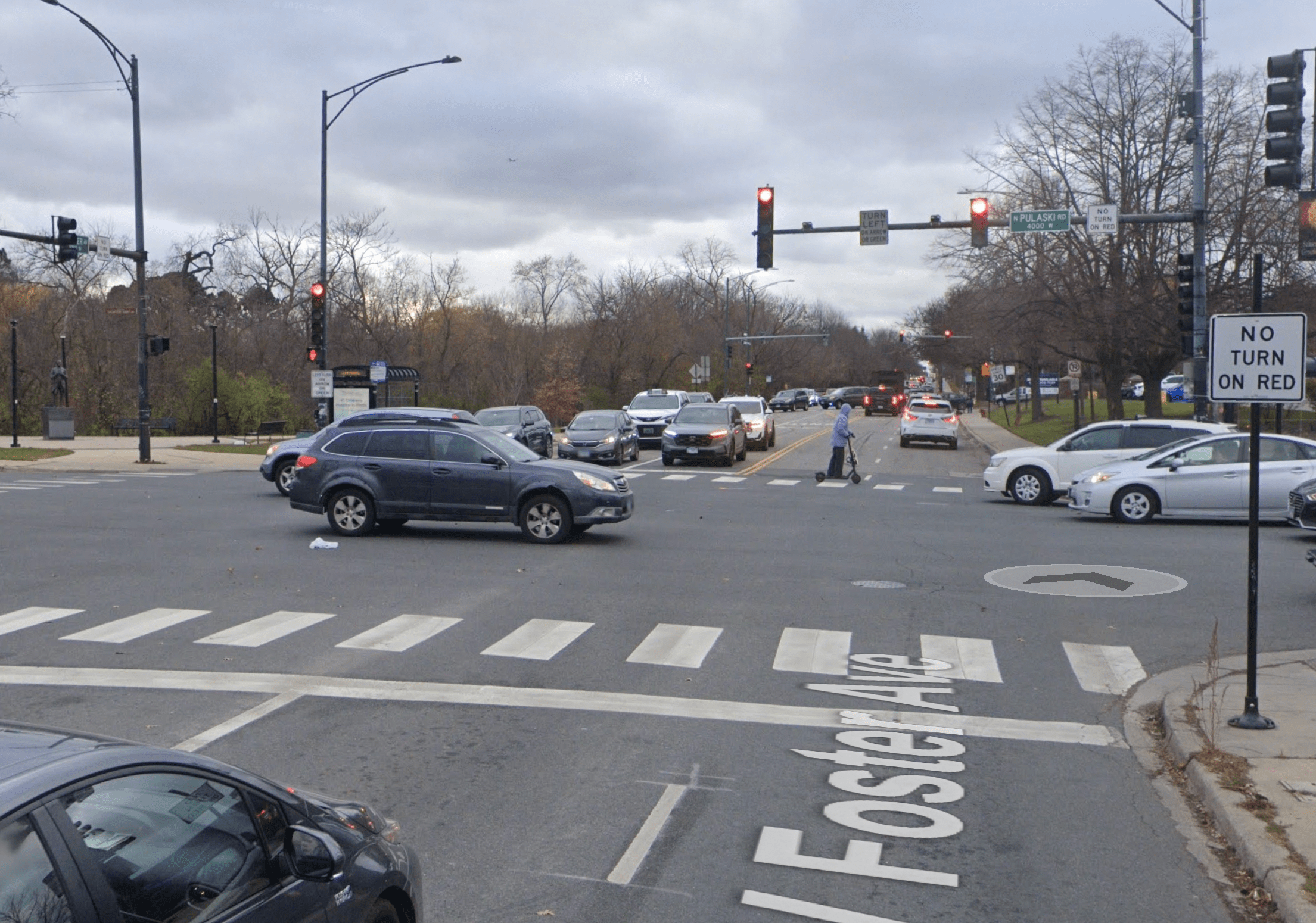In too many cities, newspaper coverage of bicycling has stoked some of the darker aspects of human nature. Opinion pieces about bike lanes tend to cater to the reactionary opposition, goading the trolls of the comments section, where casual death threats are standard fare.

But a newspaper in South Florida has taken a very different approach over the last few years, unabashedly advocating for safer streets for cycling. And it's earning accolades in the process.
The News-Press in the Fort Myers, Florida, region won praise from the Columbia Journalism Review and local safety advocates for its "Share the Road" series, highlighting the danger faced by cyclists in a deadly corner of the deadliest state for biking.
Starting in the summer of 2014, News-Press reporters have shed light on bicyclist fatalities on local roads, and what can be done to stop the loss of life.
In the year the series launched, eight cyclists were killed in Lee County (population 661,000), the News-Press reported. By comparison, in Portland (population 609,000), one cyclist was killed in 2014 and zero in 2013.
The News-Press dug into the problem, running a feature on each of the 12 people killed while biking in Lee and Collier counties, which include the communities of Naples, Cape Coral, and Fort Myers. These areas are both huge tourist destinations and home to lots of low-income workers and immigrants. The roads are notoriously dangerous for people walking or biking.
Led by reporter Janine Zeitlin, who used to bike but stopped because it felt too risky, the News-Press combed through data about what was causing the collisions. Among the factors they identified: "wide and fast roadways," "lagging infrastructure and laws," "bad drivers," and "lack of safety education."
The report found most collisions were caused by a driver's failure to yield -- not red-light-running cyclists. But fines for drivers who killed cyclists were often menial, usually capped at $1,000. Florida's safety laws are way behind other states. And almost a quarter of traffic collisions in the state are hit-and-runs, the News-Press revealed.
News-Press reporters became advocates for safe cycling conditions. Zeitlin started an online group called "Share the Road" to promote the stories and share articles from other sources related to bike safety.
Now, local advocates are saying the all the attention might to be paying off. The News-Press series coincided with multiple advances for cycling in southwest Florida. The Florida DOT recently released its implementation plan for a new complete streets policy aimed at addressing the state's position as the most deadly for walking. Meanwhile, biking and walking advocates working with local officials helped secure a $10.4 million federal TIGER grant to build a network of safe bikeways throughout Lee County.
After a look at the 2015 data showed a decline in cycling fatalities, the News-Press wrote: "While it’s too soon to declare a road culture shift, the climate is looking less grim for bicyclists."
Darla Letourneau of the local advocacy group BikeWalkLee said the newspaper's coverage, combined with the state's efforts, appears to be helping, although there's still a lack of leadership at the county level. In 2014, for example, 35 percent of the region's traffic fatalities were bicyclists and pedestrians. In 2015, that number dropped to 20 percent. Of course that's just one year of data and not a trend, but it's encouraging nonetheless, Letourneau says.
"It just raises the profile" of the issue, she said of the News-Press series. "When you’re able to report, then elected officials think, 'I need to be doing something about this, and I’m going to get credit or blame.'"
"I think by having comprehensive, in-depth really well-done coverage, which they’ve done for two years now… there’s more attention paid to the problem, to solution, to the impact on real people."





